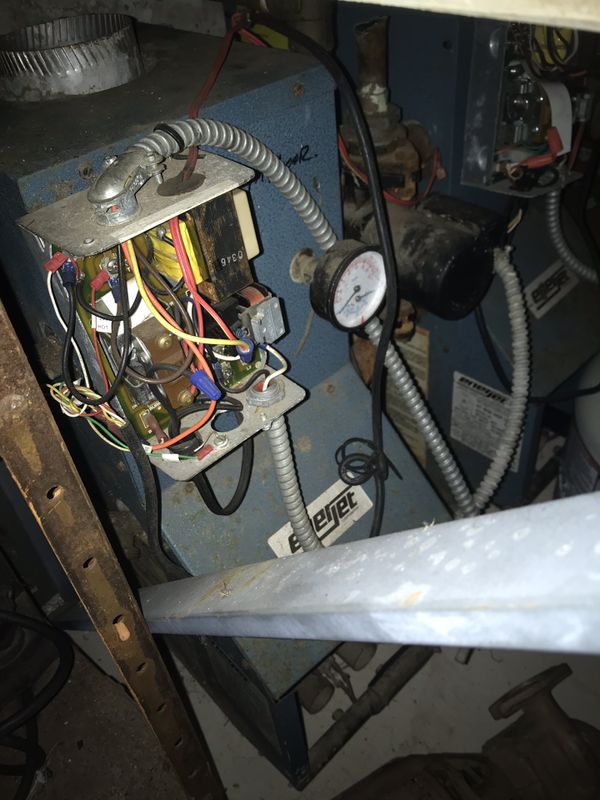Problems with Pilot Light and Ignition
Problems with Pilot Light and Ignition in HVAC Systems
HVAC systems play a crucial role in maintaining indoor comfort, especially during extreme weather conditions. Among the essential components of these systems, the pilot light and ignition mechanism are often overlooked but are vital for proper functionality.
Understanding Pilot Lights
A pilot light is a small, continuous flame that ignites the main burner of a furnace or boiler. This tiny flame serves as a source of ignition for the larger burner. Commonly found in older heating systems, pilot lights are essential for ensuring a consistent heat supply.
Signs of Pilot Light Problems
Recognizing issues with the pilot light is crucial for preventing major heating system malfunctions. Irregular flame patterns, frequent extinguishing of the pilot light, unusual flame colors, and the smell of gas around the furnace are indicative of potential problems.
Causes of Pilot Light Issues
Various factors can contribute to pilot light problems, including dirt or debris in the pilot tube, a faulty thermocouple, gas supply issues, or drafts affecting ventilation. Identifying the specific cause is key to effective troubleshooting.
Ignition System Failures
Apart from pilot light issues, problems with the ignition system can lead to heating failures. Understanding the different types of ignition systems and addressing common issues is crucial for maintaining a reliable heating system.
Troubleshooting Pilot Light Problems
Homeowners can perform some troubleshooting steps to address pilot light issues. However, knowing when to seek professional help is equally important to avoid exacerbating the problem.
DIY Pilot Light Maintenance Tips
Routine maintenance can prevent many pilot light issues. Cleaning the pilot tube, checking and replacing the thermocouple, and ensuring proper ventilation are tasks that homeowners can undertake to keep their heating systems running smoothly.
Professional HVAC Inspection
While DIY maintenance is beneficial, scheduling regular professional inspections is equally essential. Qualified technicians can identify and address potential issues before they escalate, ensuring the longevity of the HVAC system.
Preventive Measures
In addition to regular cleaning and maintenance, installing carbon monoxide detectors and considering upgrades to electronic ignition systems can enhance the overall safety and efficiency of HVAC systems.
Impact on Energy Efficiency
Pilot light issues can significantly impact energy efficiency. Understanding how these issues affect energy consumption and implementing solutions can lead to cost savings and a greener approach to heating.
Safety Concerns
Malfunctioning pilot lights pose safety risks, particularly concerning carbon monoxide leaks. Promptly addressing these issues is crucial for maintaining a safe indoor environment.
Common Myths about Pilot Light Issues
Dispelling common myths and misconceptions about pilot light problems is essential for informed decision-making and effective troubleshooting.
Upgrading to Modern Ignition Systems
Modernizing heating systems by upgrading to electronic ignition offers several benefits, including improved efficiency and cost-effectiveness. Exploring different types of modern ignition systems can be a worthwhile investment.
Customer Testimonials
Real-life experiences shared by individuals who faced and resolved pilot light issues highlight the importance of professional assistance in maintaining HVAC systems.
Conclusion
In conclusion, being aware of potential pilot light and ignition issues in HVAC systems is crucial for homeowners. Regular maintenance, timely troubleshooting, and professional inspections can collectively contribute to a reliable and efficient heating system.
Frequently Asked Questions
- How often should I clean the pilot tube?
- Cleaning the pilot tube once a year is generally sufficient for most homeowners.
- Can I replace the thermocouple myself?
- While it's possible for some homeowners, it's advisable to seek professional assistance for accurate replacement.
- Are electronic ignition systems worth the investment?
- Yes, electronic ignition systems offer improved efficiency and long-term cost savings.
- What should I do if I smell gas near my furnace?
- Evacuate the area immediately and contact your gas company or emergency services.
- Is carbon monoxide a serious concern in HVAC systems?
- Yes, carbon monoxide leaks can be life-threatening; installing detectors is crucial for safety.





Comments
Post a Comment